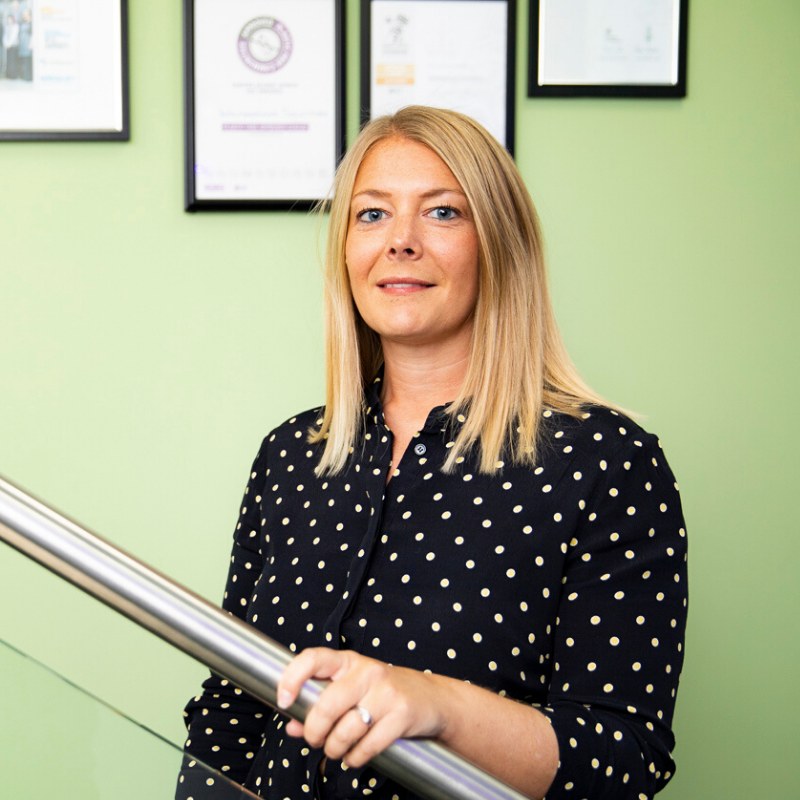Collaborative Law Solicitors
Collaborative law offers an alternative to Court proceedings for resolving the practical issues surrounding separation, including agreeing a financial settlement and arrangements for children. It offers an alternative option to separating couples as it can effectively deal with even the most complex issues, while being faster, less costly and less stressful process than using the Courts.
Within Collaborative Law the emphasis is for all those involved, both parties and their lawyers, to problem solve rather than fight to “win”. An integral part of the collaborative law process is that the parties and lawyers all sign a formal agreement committing them to being open and honest, and to disclose all relevant documents. All participants agree to act respectfully towards each other and look to the future, rather than apportioning blame for the past.
Our specialist team of collaboratively trained lawyers can offer the practical legal and emotional support you need to find positive solutions in your separation.
Benefits of Collaborative Law
Collaborative law offers a number of benefits for divorce and separation compared to Court proceedings, including:
- You and your spouse stay in control of the agenda and the process and decide what is discussed and when.
- You avoid the uncertainty of litigation, where the final decision is in the hands of a judge.
- The scope for settlement is wider – you can include whatever makes sense to you and your spouse, rather than just what a judge thinks is important.
- It is often quicker and more flexible – matters are normally determined within 3 to 5 sessions.
- You can call on the expertise of other professionals where needed, including family consultants, financial planners, and accountants.
- It reduces the emotional strain on the family and protects children from the dispute.
- You can address any emotional issues that exist – something the Court system cannot do.
- It can make divorce or separation much easier on your children by reducing conflict between you and your spouse
How collaborative law works
There are various stages to the collaborative law process and exactly what is involved will depend on your circumstances. In general, the process will look something like this:
- You and your spouse agree to use collaborative law and each choose your own lawyers, who have undertaken specialist training in collaborative law.
- You, your spouse and your respective lawyers all sign an agreement committing you to being open, honest and respectful to each other, and to disclose all relevant documents. This agreement will also state that your lawyers cannot represent you in any subsequent Court proceedings if collaborative law is not successful.
- You will then have a series of ‘round the table’ meetings to discuss the specific issues you need to resolve, such as agreeing a financial settlement and agreeing the arrangements for any children you have together. Your respective lawyers will advise you during these meetings and other professionals, such as accountants, can also sit in and provide advice if needed.
- Once you have agreed all aspects of your settlement, your lawyers will work together to draw up a written agreement setting out the details of those arrangements.
- You will then have a final meeting where you and your ex-partner will review and sign the agreement and discuss anything that needs to happen to put the agreed arrangements into practice.
Our collaborative lawyers in Plymouth
Wolferstans’ Family Law team includes three trained collaborative lawyers with extensive experience of advising in high value divorces and in cases with complex assets.
-
- Vikki Martin
- Partner, Solicitor, Head of Family Department
-
- Phil Thorneycroft
- Partner, Solicitor
-
- Rebecca Moloney
- Senior Associate, Solicitor
Get in touch to discuss how we can help you by calling 01752 643966.



